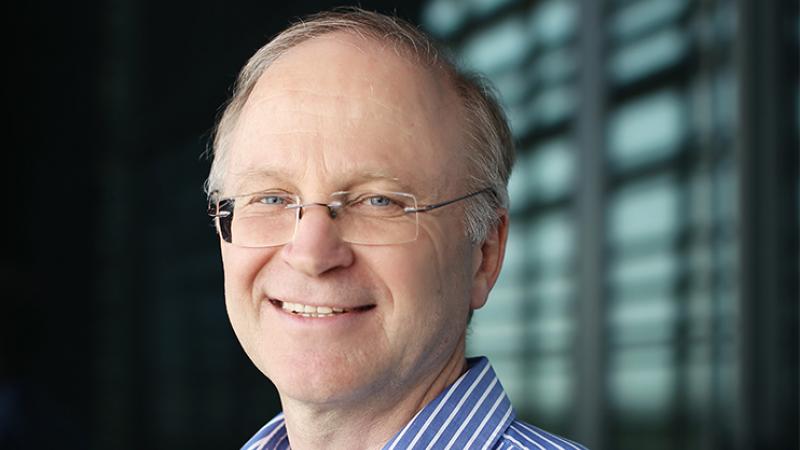‘It’s too difficult.’
‘Write simply.’
‘That’s hardest of all.’
I. Murdoch, The Message to the Planet
Website
Mikhail Skopenkov is a mathematician working in the field of mathematical physics, geometry, and applications. He is a research scientist at King Abdullah University of Science and Technology (KAUST) working with Professor Helmut Pottmann and an associate professor of HSE University.
Education and Early Career
Mikhail Skopenkov holds a M.Sc. in mathematics and a Ph.D. in physics and mathematics from Moscow State University. The main result of his thesis Classification of links and its applications is cited by Abel laureate Gromov and Fields laureate Lindenstrauss.
Scientific focus/Research interest
One of the main open problems in mathematics is a rigorous definition of quantum field theory. For instance, the case of Yang-Mills theory in dimension 4 is one of the Millennium Problems.
A perspective approach to the problem is constructive field theory, which constructs a continuum theory as a limit of discrete ones. This leads to the question of how well continuum objects are approximated by discrete ones. This is an important question with applications in mathematical physics, geometry, architecture, and computer graphics.
Skopenkov studies this approximation question in detail starting from the most elementary models like electrical networks and random works and proceeding to more sophisticated ones like loop O(n) model or quantum walks.
Differential geometry can be viewed as another approach to complicated continuum objects. Skopenkov studies geometric applications of those models and solves geometric problems of their own interest to get intuition and applications.
Awards and Distinctions
- 2022-now Principal investigator of a joint grant of Russian Science Foundation and Austrian Science Fund
- 2021-now Junior Leader grant of Basis Foundation
- 2020-2022 Leader of student project group Lattice models in Higher School of Economics
- 2018-2019 Personal grant of Science Fund of Higher School of Economics
- 2018 Simons-IUM Fellowship
